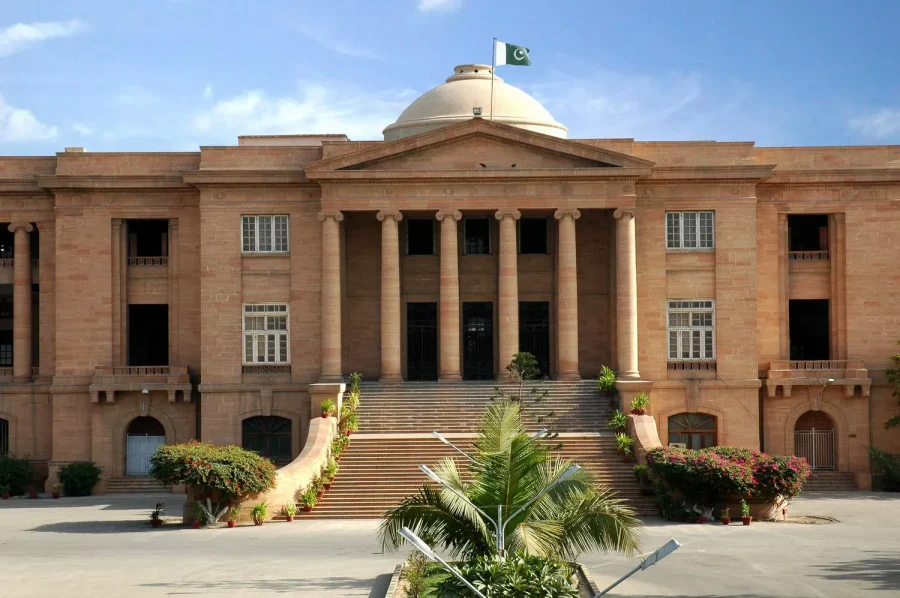Citing security concerns, the Sindh High Court (SHC) has ordered an immediate report on the refusal of Pakistan Tehreek-e-Insaf’s (PTI) request for permission to organise a public protest in Karachi. A contempt of court petition against the Senior Superintendent of Police (SSP) and the Deputy Commissioner of East Karachi, who denied the PTI’s request to hold the event, prompted this action.
Justice Yusuf Ali Saeed questioned the reasoning behind the prohibition during the court hearings, posing the question, “Why is PTI not being allowed to hold its rally?” The deputy commissioner explained the denial of the application by stating that they had not provided the security clearance.
Judge Saeed probed further, expressing his fear over the ramifications of such security concerns: “Who is in charge of awarding the security clearance?” Why does Karachi have a security problem? Is it prohibited for other political parties to rally? He suggested that if security concerns were that serious, it would be wise to consider a complete ban on all processions and rallies inside the city.
The deputy commissioner insisted that because of the alleged hazards, PTI could not hold a demonstration in any part of Karachi. In response, the court has highlighted the importance of decision-making process transparency by requesting meeting minutes from which these security assessments were discussed.
The legal representatives of the PTI have requested the court to reassess an application for a rally scheduled for October 7, emphasising the party’s freedom to organise and express its political views. The SHC has instructed the deputy commissioner to examine this new application and compile a thorough report.
The court has postponed the hearing until October 2, 2024, seeking clarification on this controversial matter that has major implications for political expression and public safety in Karachi. The courts and the people of Karachi continue to be deeply concerned about striking a balance between security and the democratic freedom to gather.

